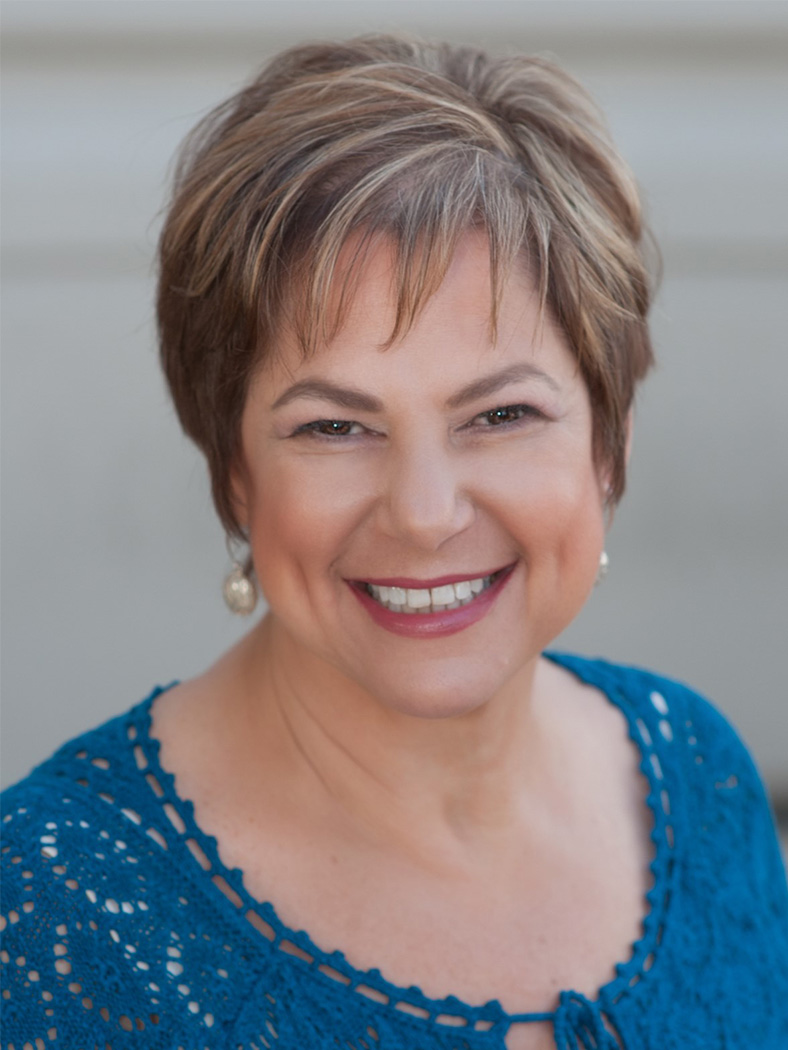Resource Navigation
Learn more about how CancerCare Resource Navigation can help you address barriers to care.
Publications
Read or order our free Connect booklets and fact sheets offering easy-to-read information about the latest cancer treatments, managing side effects and coping with cancer.
For Any Cancer Diagnosis
Financial Assistance
Limited assistance from CancerCare is available to help with cancer-related costs.
Ask CancerCare
Every month, featured experts answer your questions about coping with cancer including specific answers to questions asked by caregivers.
For Any Cancer Diagnosis
- Q.
My father's oncologist has made a referral for him to see a pain specialist. Is this palliative care? He seems resistant - how do convince him that it's a good idea? And is palliative care covered by insurance?
A.A distinction needs to be made between a referral to palliative care and a referral to a pain specialist. Palliative care (pronounced pal-lee-uh-tiv) is specialized medical care for people with serious illnesses. It focuses on providing patients with relief from the pain, symptoms and stress of a serious illness. The goal is to improve quality of life for both the patient and the family.
Palliative care is provided by a team of doctors, nurses, social workers and other specialists who work together with a patient’s own doctors to provide an extra layer of support. It is appropriate at any age and at any stage in a serious illness and can be provided along with curative treatment.
Palliative care physicians are specially trained in complex pain management resulting from serious illnesses such as cancer, so they are experts in administering managing opioids and other potent pain medications. Pain management specialists usually treat pain that does not result from complex, serious illness. They are often anesthesiologists if they are physicians, or nurse anesthetists if they are nurses.
Palliative care specialists bill insurance just like oncologists, cardiologists or any other specialist. Your father might have received a referral to either a pain specialist or a palliative care team. Either way, it is important that he follows up with the referral for his own physical and emotional well-being. Pain associated with cancer is complicated because the causes of pain can be variable and change from day to day.
For more information, please read Managing Cancer Pain
- Q.
What is palliative care?
A.Palliative care (pronounced pal-lee-uh-tiv) is specialized medical care for people with serious illnesses. It focuses on providing relief from the symptoms, pain and stress of a serious illness, including cancer. The goal is to improve quality of life for both the patient and loved ones.
Palliative care is provided by a team of doctors, nurses, social workers and other specialists (e.g., massage therapists, pharmacists, nutritionists, chaplains) who work together with your other doctors to provide an extra layer of support. It is appropriate at any age and at any stage in a serious illness, and you can have it along with curative treatment.
Palliative care controls symptoms such as pain, shortness of breath, fatigue, constipation, nausea, loss of appetite, difficulty sleeping and depression. It also helps you gain the strength to carry on with daily life. It improves your ability to tolerate medical treatments. And it helps you have more control over your care by improving communication so that you can better understand your choices for treatment.
The palliative care team spends as much time as necessary with you and your loved ones and provides practical, emotional and spiritual support. They help you and your family every step of the way, not only by controlling your symptoms, but also by helping you to understand your treatment options and goals.
Most insurance plans, including Medicare and Medicaid, cover palliative care. If costs concern you, a social worker or financial consultant from the palliative care team can help you.
Learn more about palliative care through getpalliativecare.org.
- Q.
What is the difference between palliative and hospice care? We're trying to explore all possible options for our mother who has advanced cancer.
A.Palliative care is an approach to care that improves the quality of life of patients and their families who are living with severe illness. Palliative care prevents and alleviates physical, psychological and spiritual suffering through the early identification, correct assessment and treatment of pain and other problems. The goal of palliative care is to improve overall quality of life through a holistic approach to care that focuses on relieving symptoms and reducing stress. Palliative care includes the needs and well-being of the patient, caregivers and family members. Palliative care does not mean the patient is dying.
Palliative care can be pursued at diagnosis, during curative treatment and follow-up, and at the end of life. The American Society of Clinical Oncology recommends that people with cancer receive palliative care as early in their diagnosis as possible. Cancer ranks 2nd as the disease most in need of palliative care. When palliative care is provided early, people with cancer tend to have a better quality of life, enhanced mental health, faster recovery and increased survival rates. Research has shown that palliative care helps patients adhere to their treatment plan and reduces the financial burden of care. Additionally, it strengthens coping skills and enhances human dignity. 100% of the studies conducted on palliative care report that it improved quality of life for patients and their families.
Most major treatment facilities have a palliative care department. Patients can request that a palliative care professional be assigned to their medical team. While palliative care is a medical specialty, most palliative care is provided by the primary medical team – nurses and doctors. Palliative care activities include communication, medical decision-making, symptom management, and psychosocial and spiritual support.
Many people confuse palliative care with hospice care because palliative care was born out of the hospice movement.
Hospice care is a specific type of palliative care that is provided in the final weeks or months of life when a patient has decided to stop treatment for the disease or has no other options. Hospice care is comfort care with no curative intent. Like palliative care, hospice provides comprehensive comfort care as well as support for the family, but, in hospice, attempts to cure the person’s illness are stopped. Hospice is provided for a person with a terminal illness whose doctor believes he or she has six months or less to live if the illness runs its natural course.
Hospice care can be offered at home or a facility such as a nursing home, hospital, or even in a separate hospice center. Hospice care brings together a team of people with special skills — among them nurses, doctors, social workers, spiritual advisors, and trained volunteers. Everyone works together with the person who is dying, the caregiver, and/or the family to provide the medical, emotional, and spiritual support needed. A member of the hospice team visits regularly, and someone is usually always available by phone — 24 hours a day, seven days a week.
Although hospice provides a lot of support, the day-to-day care of a person dying at home is provided by family and friends. The hospice team coaches family members on how to care for the person. Families of people who received care through a hospice program are more satisfied with end-of-life care than those who did not have hospice services. Also, hospice recipients are more likely to have their pain controlled and less likely to undergo tests or be given medicines they don’t need, compared with people who don’t use hospice care.
Specialized Programs
CancerCare offers specialized programs to address specific populations and concerns.
Coping Circle Workshops
Virtual educational and supportive workshops led by oncology social workers and qualified co-facilitators. These workshops cover numerous topics and are offered in English and Spanish.
Additional Resources
Organizations
American Academy of Hospice and Palliative Medicine
Center to Advance Palliative Care
The National Hospice and Palliative Care Organization

 Answered by
Answered by  Answered by
Answered by